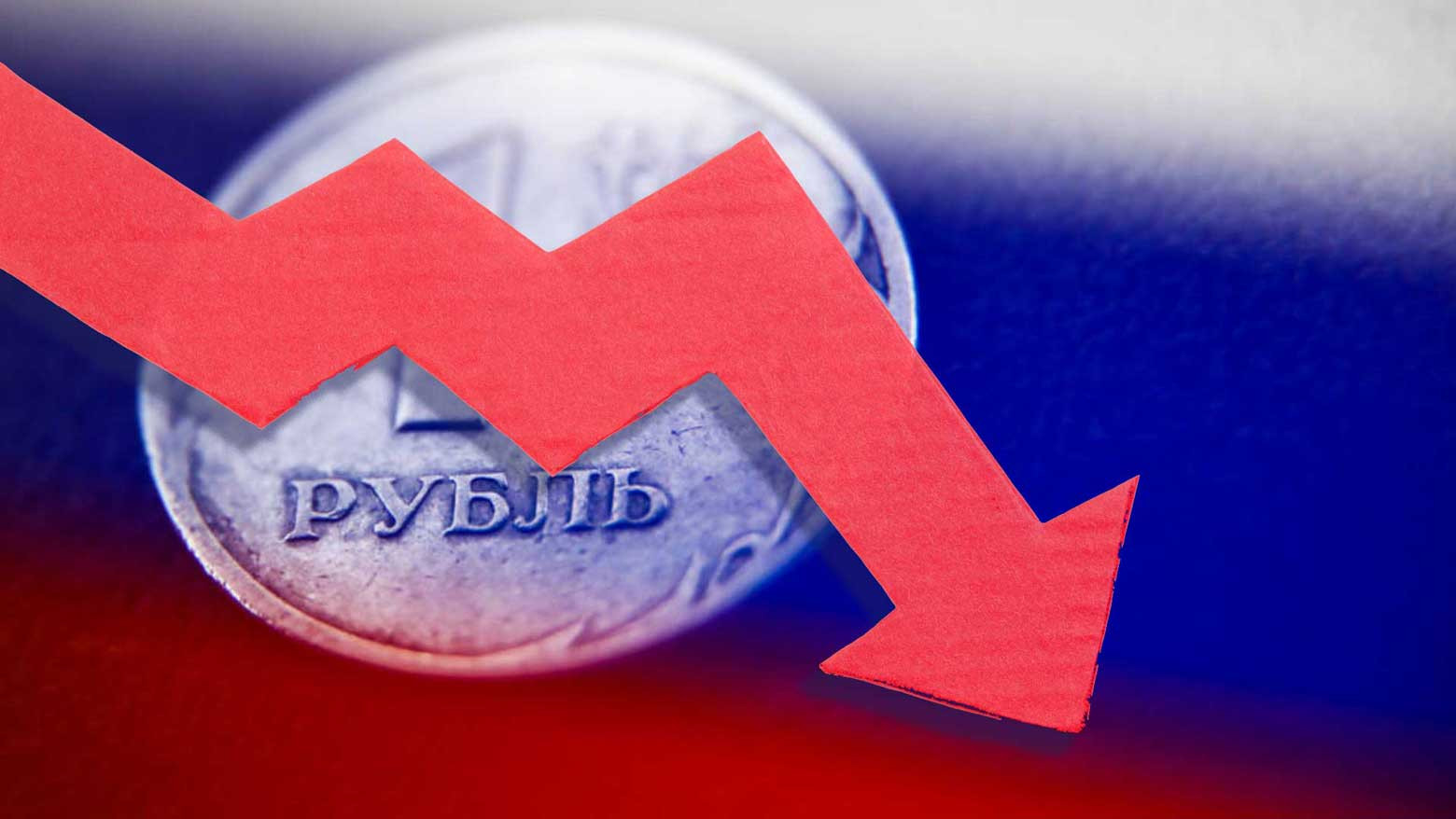Western sanctions following the invasion of Ukraine have driven the ruble to record lows. The sanctions effectively blocked Moscow from its own foreign currency reserves.
Russian President Vladimir Putin says the public and private sectors can use rubles to pay creditors back.
But foreign investors are turning their backs on a currency that's rapidly lost about a third of its value.
March 16 deadline for sovereign bond repayments has a grace period of 30 days -- but more interest payments are due at the end of the month.
The ratings agencies say Russia is likely to buckle, with a default coming as early as April.
Nishihama Toru, a chief economist at Dai-ichi Life Research Institute, says the damage could be devastating not only for the Russian government, but the people too.

Japan's investments on shaky ground
A Russian default in 1998 triggered a global financial crisis. But analysts say that's unlikely to happen this time.
That's because the country's outstanding payments on international bonds are at about 40 billion dollars -- relatively small.
Still, economists say the country's economy is likely to shrink by at least 10 percent this year alone, due to a fall in exports and investments.
That's causing plenty of concern for investors in other countries that have money at work in Russia: Japan included.
Japan has worked to deepen economic ties with Russia in recent years, even after the 2014 annexation of Crimea.
But Nishihama believes that could soon backfire.
Japan finds itself among the countries imposing sanctions on Russia, whose economy "may take years to recover to a level seen before the invasion," he says.
Much of Japan's investment -- both public and private sector -- has been pumped into Russia's vast energy industry.
Banks and trading firms are especially exposed, with total extended loans estimated at 1 trillion yen.
The chances of seeing all that money again are growing slimmer by the day.

